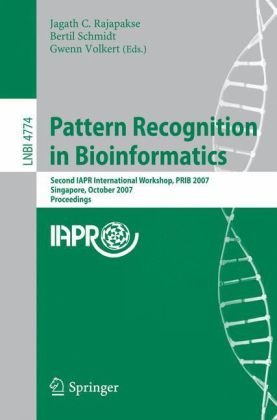

Most ebook files are in PDF format, so you can easily read them using various software such as Foxit Reader or directly on the Google Chrome browser.
Some ebook files are released by publishers in other formats such as .awz, .mobi, .epub, .fb2, etc. You may need to install specific software to read these formats on mobile/PC, such as Calibre.
Please read the tutorial at this link: https://ebookbell.com/faq
We offer FREE conversion to the popular formats you request; however, this may take some time. Therefore, right after payment, please email us, and we will try to provide the service as quickly as possible.
For some exceptional file formats or broken links (if any), please refrain from opening any disputes. Instead, email us first, and we will try to assist within a maximum of 6 hours.
EbookBell Team

0.0
0 reviewsThe advancements of computational and informational techniques have enabled in silico testing of many lab-based experiments in life sciences before performing them in in vitro or in vivo. Though computational techniques are not capable of mimicking all wet-lab experiments, bioinformatics will inevitably play a major role in future medical practice. For example, in the pursuit of new drugs it can reduce the costs and complexity involved in expensive wet-lab experiments. It is expected that by 2010, sequencing of individual genomes will be affordable generating an unprecedented increase of life sciences data, in the form of sequences, expressions, networks, images, literature. Pattern recognition techniques lie at the heart of discovery of new insights into biological knowledge, as the presence of particular patterns or structure is often an indication of its function. The aim of the workshop series Pattern Recognition in Bioinformatics (PRIB) is to bring pattern recognition scientists and life scientists together to promote pattern recognition applications to solve life sciences problems. This volume presents the proceedings of the 2nd IAPR Workshop PRIB 2007 held in Singapore, October 1–2, 2007. It includes 38 technical contributions that were selected by the International Program Committee from 125 submissions. Each of these rigorously reviewed papers was presented orally at the workshop. The proceedings consists of six parts. Part 1: Sequence Analysis; Part 2: Prediction of Protein Structure, Interaction, and Localization; Part 3: Gene Expression Analysis; Part 4: Pathway Analysis; Part 5: Medical Informatics; and Part 6: Bioimaging.